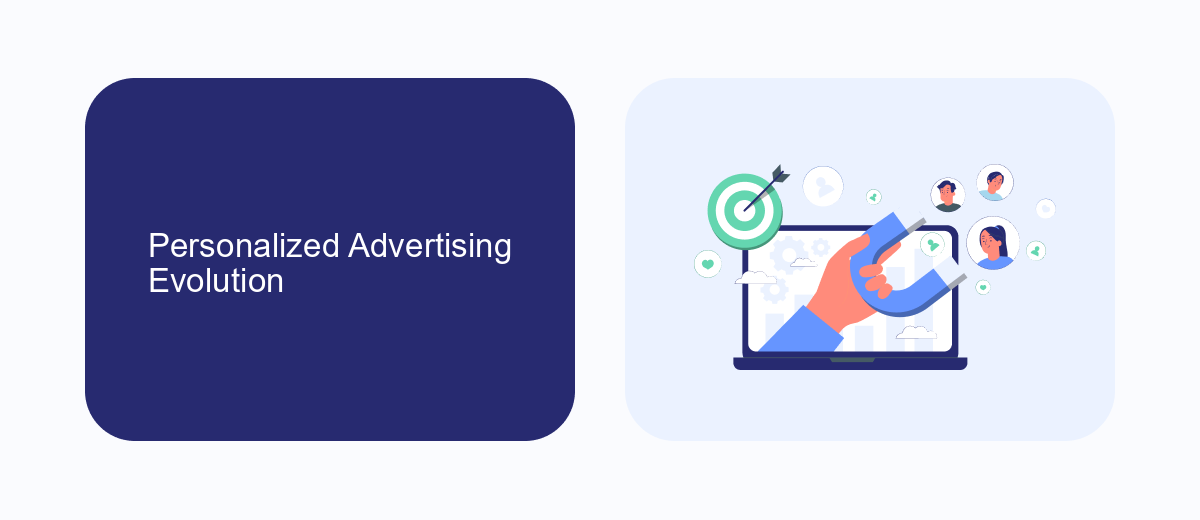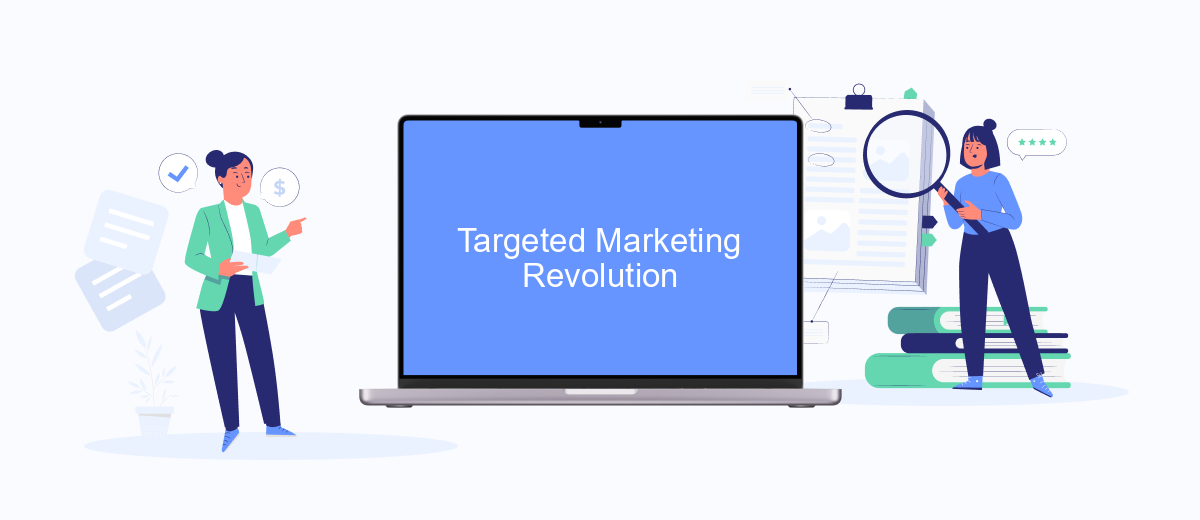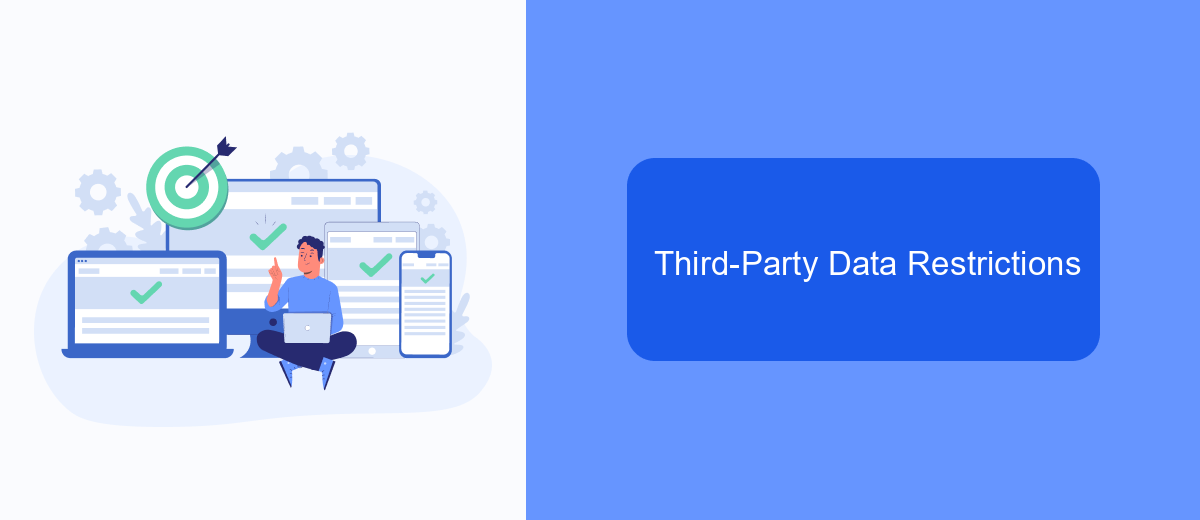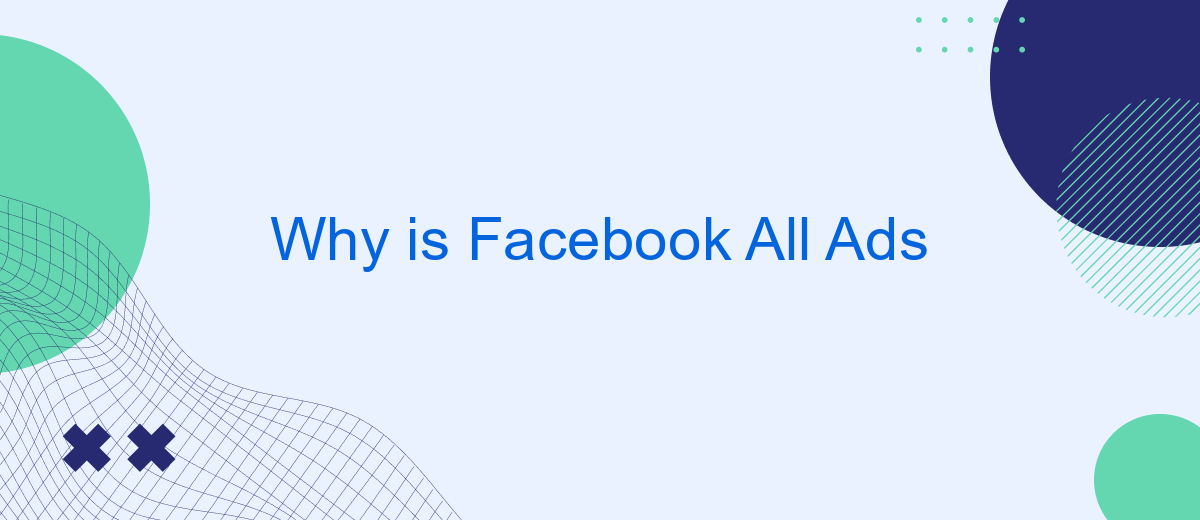In recent years, Facebook has transformed from a social networking platform into a hub dominated by advertisements. Users now find their feeds inundated with sponsored content, making it increasingly challenging to connect with friends and family. This article explores the reasons behind Facebook's shift towards an ad-centric model and its implications for user experience and privacy.
Facebook Ads Dominance
Facebook's dominance in the advertising space can be attributed to its advanced targeting capabilities and vast user base. With over 2.8 billion monthly active users, advertisers are able to reach a wide and diverse audience. This extensive reach, coupled with sophisticated algorithms, allows businesses to tailor their ads to specific demographics, interests, and behaviors.
- Advanced targeting options
- Large user base
- Cost-effective ad solutions
- Integration with third-party services
One of the key services that enhance Facebook Ads' effectiveness is SaveMyLeads. This platform automates the process of capturing leads from Facebook Ads and integrating them into various CRM systems, email marketing tools, and other applications. By streamlining the lead management process, SaveMyLeads helps businesses maximize their advertising ROI and improve customer engagement.
Personalized Advertising Evolution

Over the years, Facebook has refined its advertising algorithms to create a highly personalized experience for its users. This evolution is driven by advanced data analytics and machine learning technologies that analyze user behavior, preferences, and interactions. By leveraging this data, Facebook can deliver ads that are more relevant to individual users, increasing the likelihood of engagement and conversion. This personalized approach not only benefits advertisers by improving their return on investment but also enhances user experience by showing them ads that align with their interests.
To further streamline the process of personalized advertising, integration services like SaveMyLeads have become essential. SaveMyLeads allows businesses to automate the transfer of lead data from Facebook ads to various CRM systems and email marketing platforms. This seamless integration ensures that businesses can quickly and efficiently follow up with potential customers, maximizing the effectiveness of their ad campaigns. By utilizing such tools, companies can maintain a competitive edge in the ever-evolving landscape of digital advertising.
Targeted Marketing Revolution

Facebook has become a hub for advertisements, primarily due to the revolution in targeted marketing. This transformation allows businesses to reach their ideal customers more efficiently than ever before. By leveraging user data, Facebook can deliver ads that are highly relevant to individual interests and behaviors, increasing the likelihood of engagement and conversion.
- Data Collection: Facebook gathers extensive data from user activities, preferences, and interactions.
- Segmentation: This data is then analyzed to create detailed user profiles and audience segments.
- Ad Placement: Advertisers can target these segments with precision, ensuring their ads appear to the right people at the right time.
- Performance Tracking: Continuous monitoring and adjustment of ad campaigns help optimize results and maximize ROI.
One of the tools aiding businesses in this process is SaveMyLeads. This service simplifies the integration of Facebook lead ads with various CRM systems and other applications, automating the flow of data and ensuring that leads are promptly followed up. By using SaveMyLeads, businesses can enhance their marketing strategies and ensure that their targeted ads are as effective as possible.
Third-Party Data Restrictions

In recent years, Facebook has implemented stricter restrictions on third-party data usage to enhance user privacy and data security. These changes have significantly impacted how advertisers can target users, leading to a shift in advertising strategies.
One of the major changes includes limitations on the types of data that third-party services can access. This means advertisers now have fewer options for audience targeting, making it essential to rely more on first-party data collected directly from user interactions.
- Reduced access to third-party cookies
- Stricter data sharing agreements
- Enhanced user consent requirements
To adapt to these changes, businesses can leverage tools like SaveMyLeads. This service helps integrate various marketing platforms, enabling companies to streamline their data collection processes and optimize their advertising efforts. By using SaveMyLeads, businesses can ensure compliance with Facebook's data policies while maintaining effective marketing strategies.
Future of Facebook Advertising
The future of Facebook advertising is set to be shaped by advancements in artificial intelligence and machine learning. These technologies will enable more precise targeting and personalization, ensuring that users see ads that are highly relevant to their interests and behaviors. Enhanced data analytics will allow advertisers to better understand their audience and optimize their campaigns in real-time, leading to higher engagement rates and improved return on investment. Additionally, the integration of augmented reality (AR) and virtual reality (VR) into ads will provide immersive experiences that captivate users and drive higher interaction levels.
Furthermore, seamless integration with third-party services will become increasingly important. Tools like SaveMyLeads are paving the way by simplifying the process of connecting Facebook Ads with various CRM systems and other platforms. This helps businesses automate lead management and follow-up processes, ensuring that no potential customer is overlooked. As these integrations become more sophisticated, advertisers will be able to create more cohesive and efficient marketing strategies, ultimately driving better results and enhancing the overall user experience on Facebook.
FAQ
Why is Facebook showing so many ads?
Can I reduce the number of ads I see on Facebook?
How does Facebook decide which ads to show me?
Is there a way to automate ad management on Facebook?
Are Facebook ads effective for businesses?
What do you do with the data you get from Facebook lead forms? Do you send them to the manager, add them to mailing services, transfer them to the CRM system, use them to implement feedback? Automate all of these processes with the SaveMyLeads online connector. Create integrations so that new Facebook leads are automatically transferred to instant messengers, mailing services, task managers and other tools. Save yourself and your company's employees from routine work.
